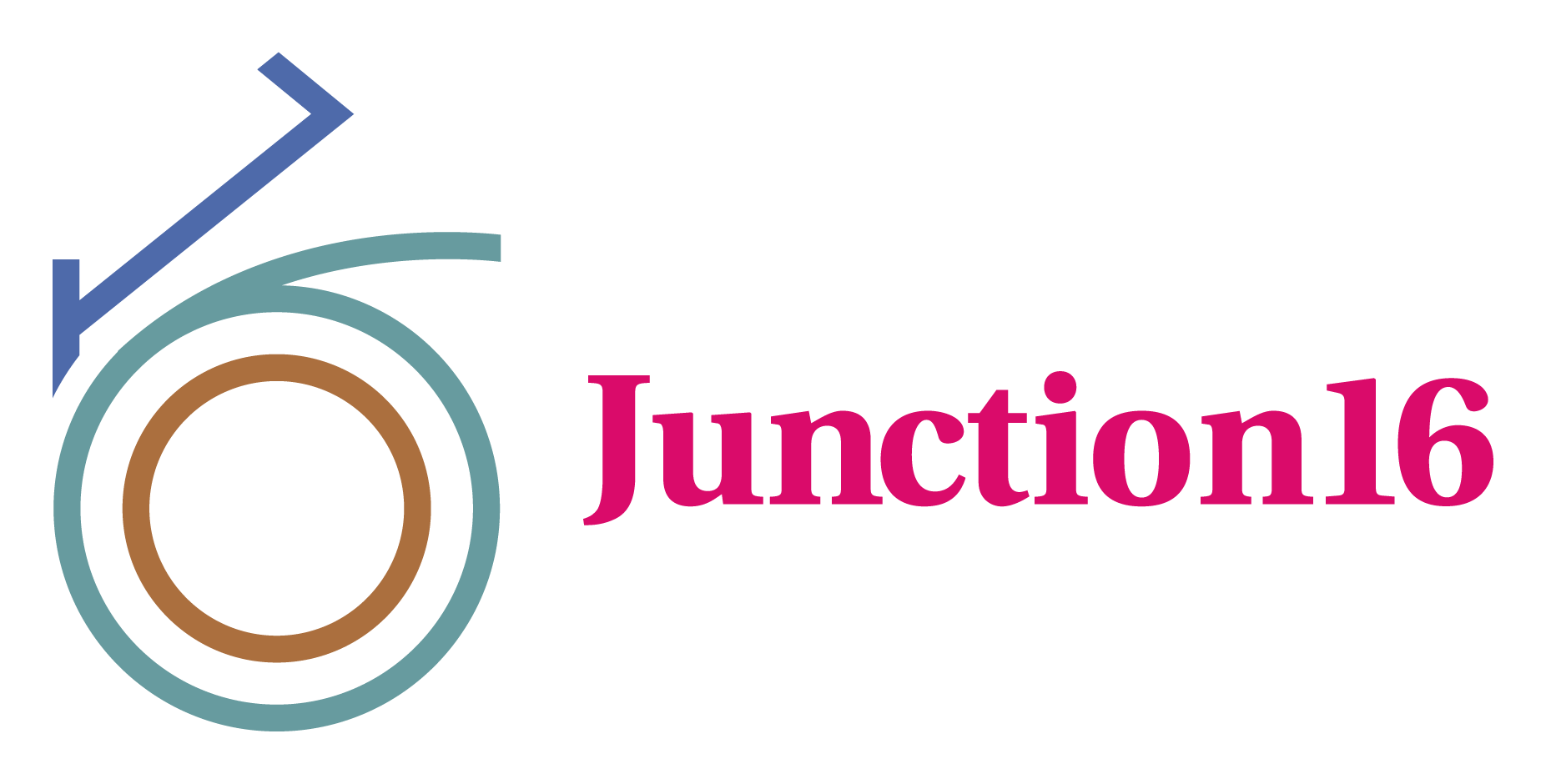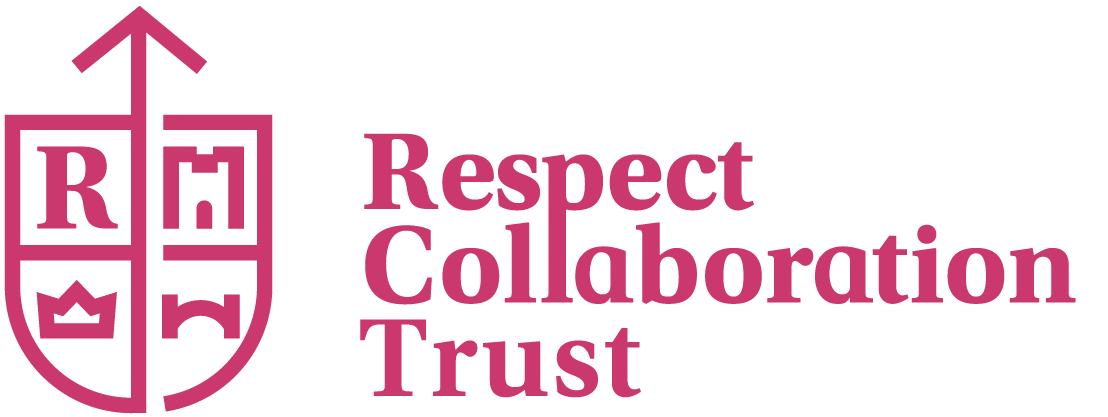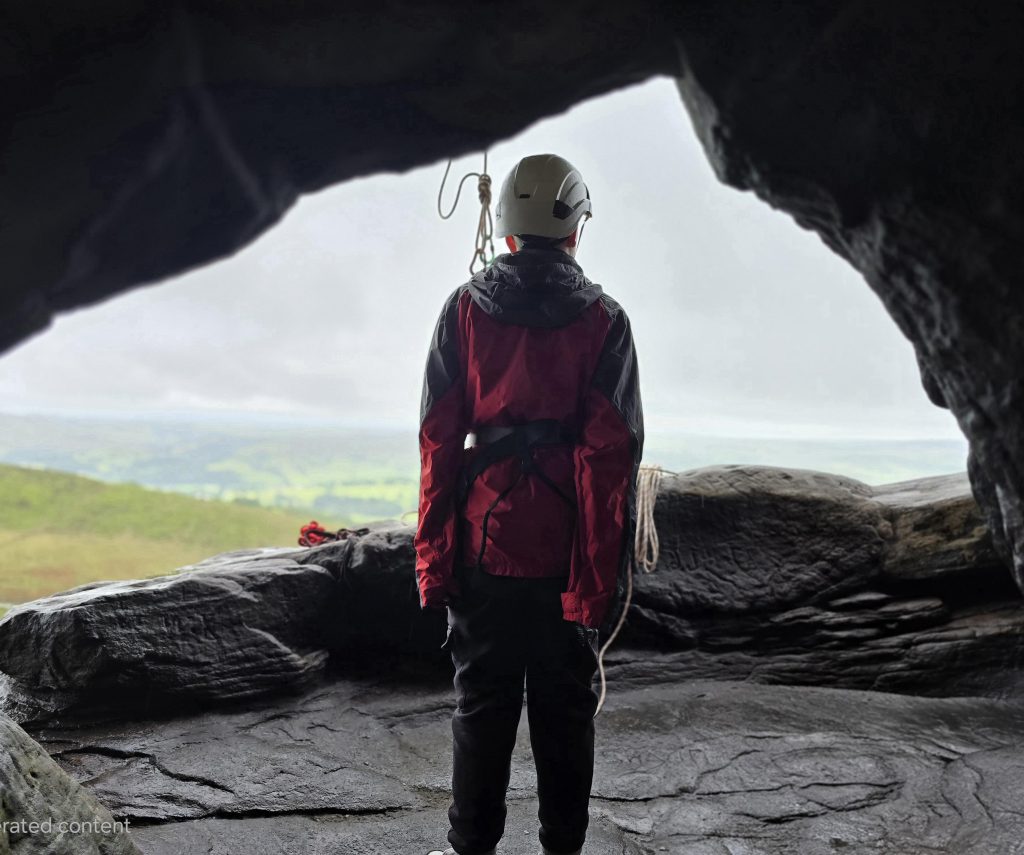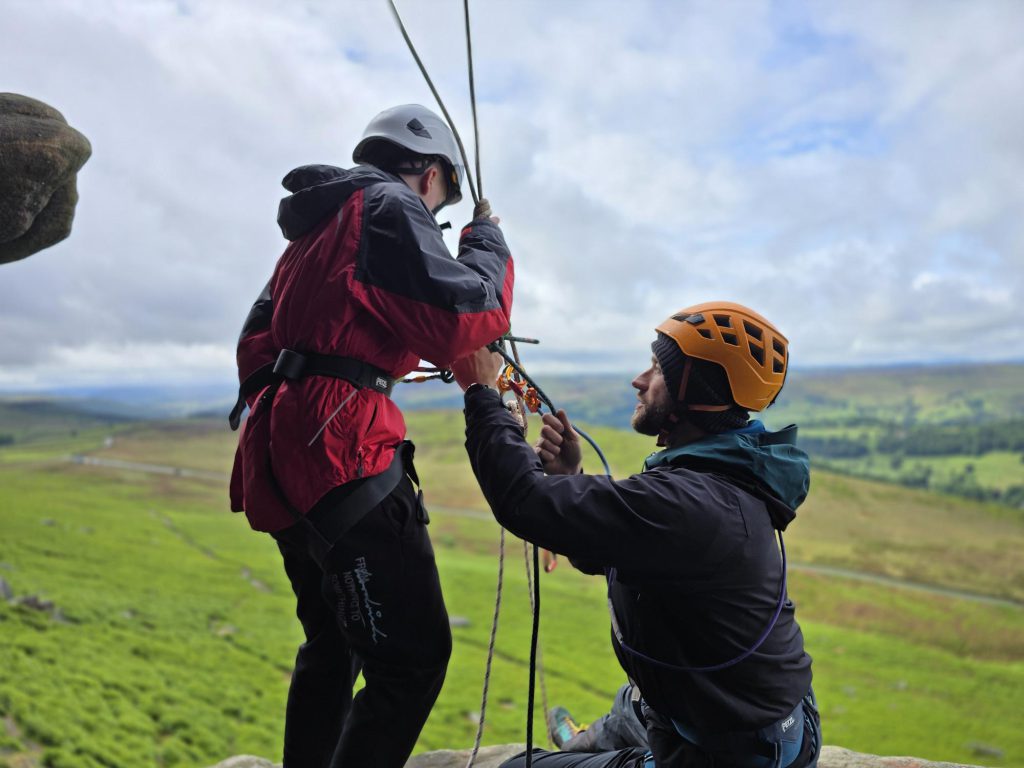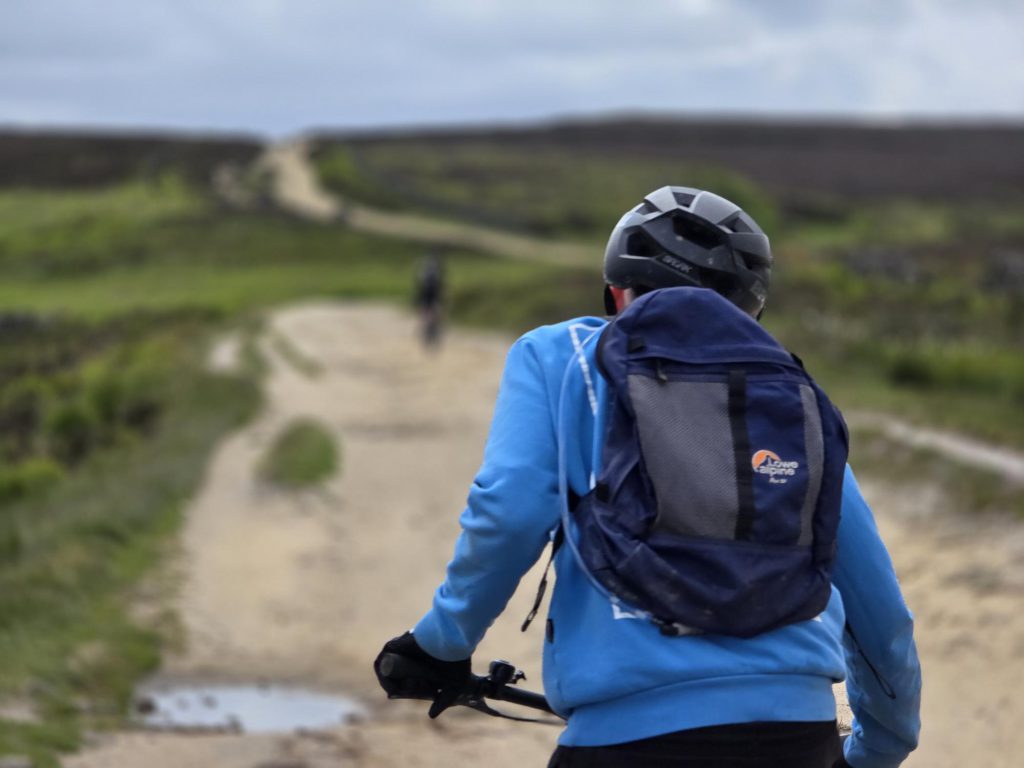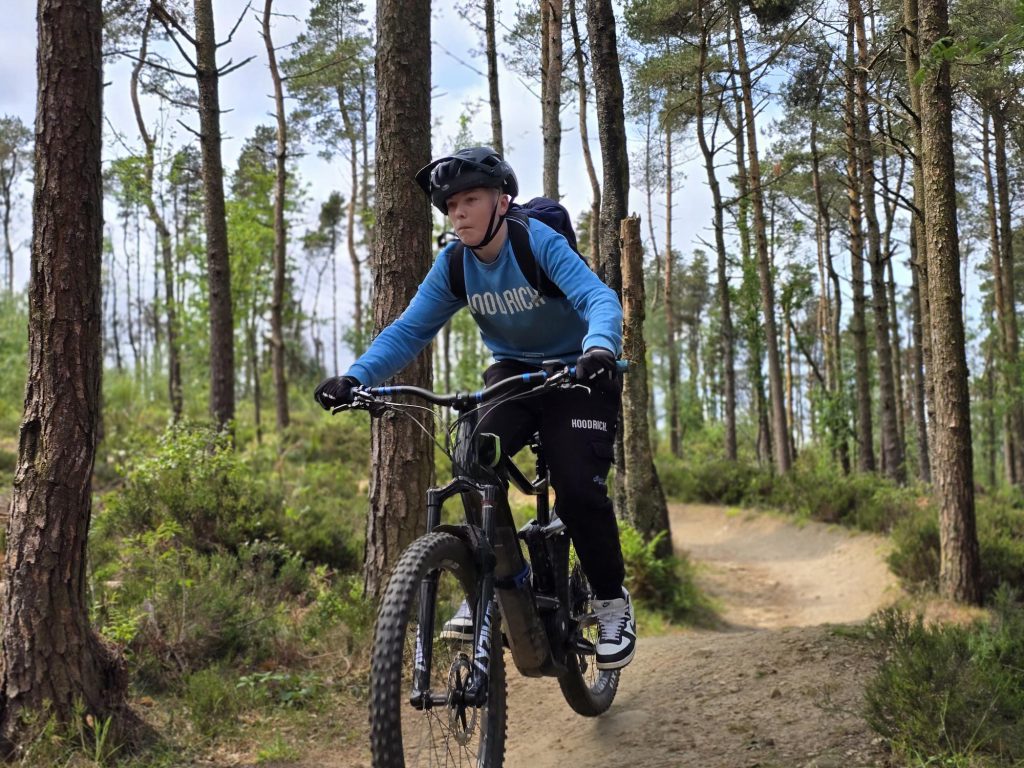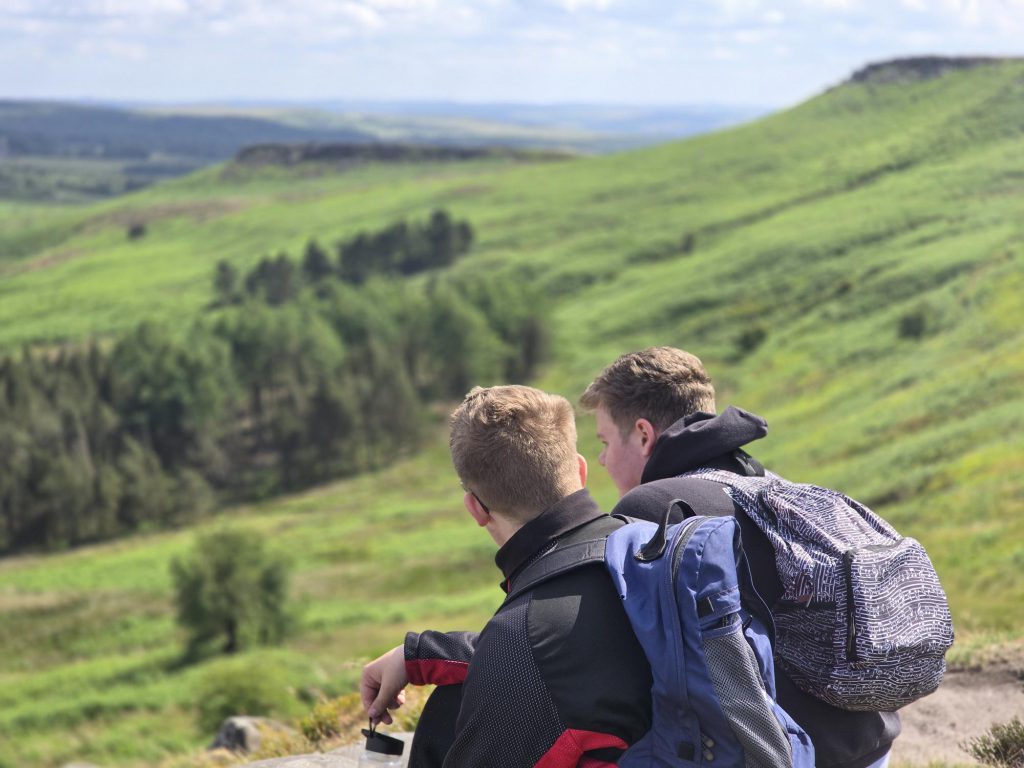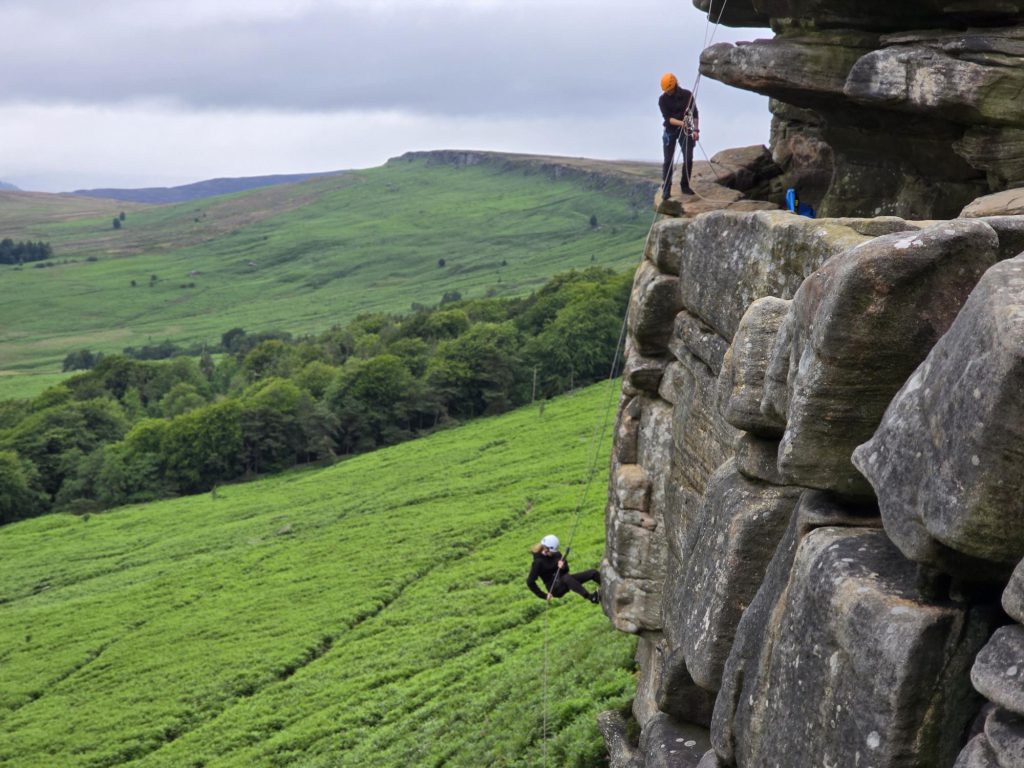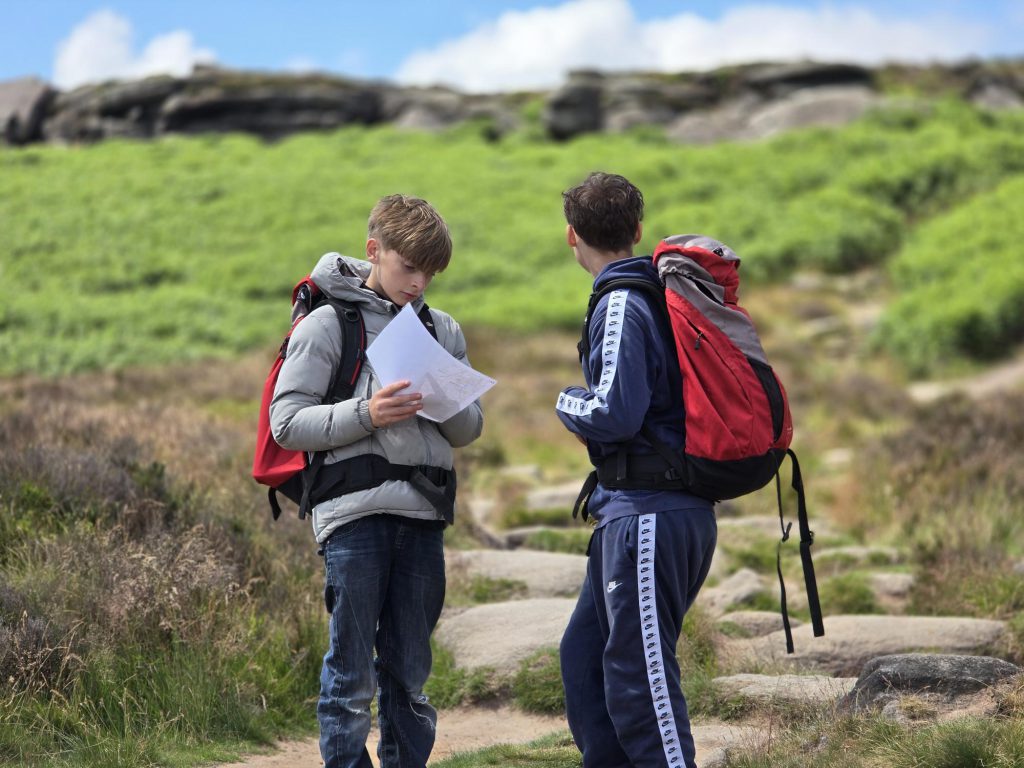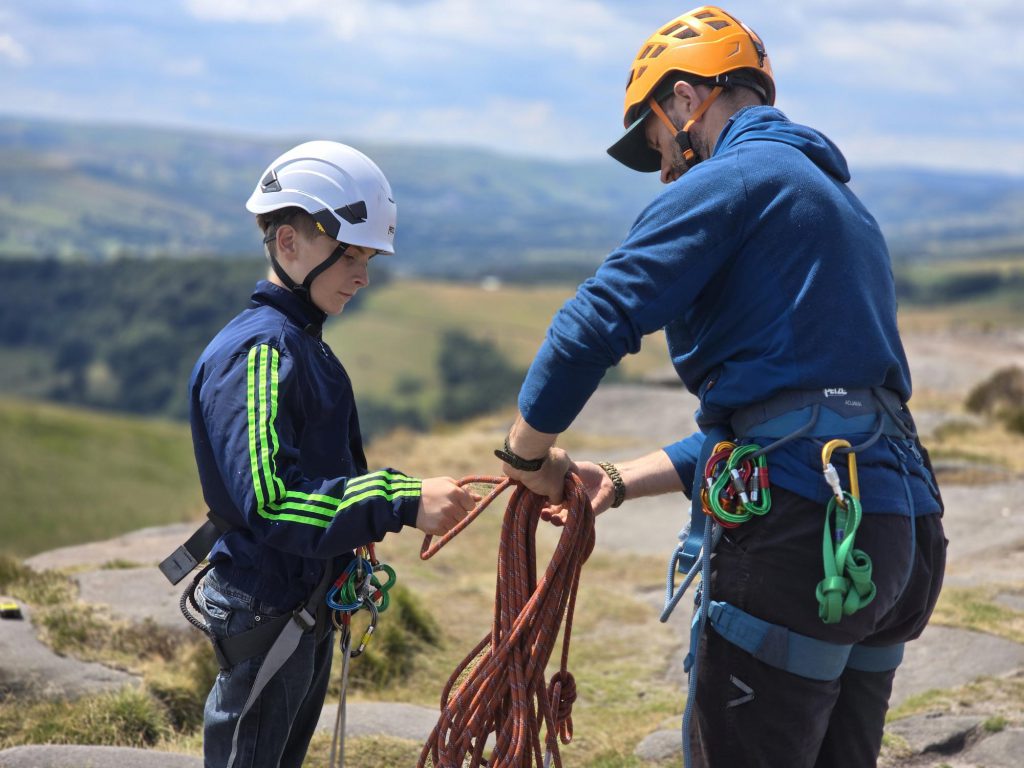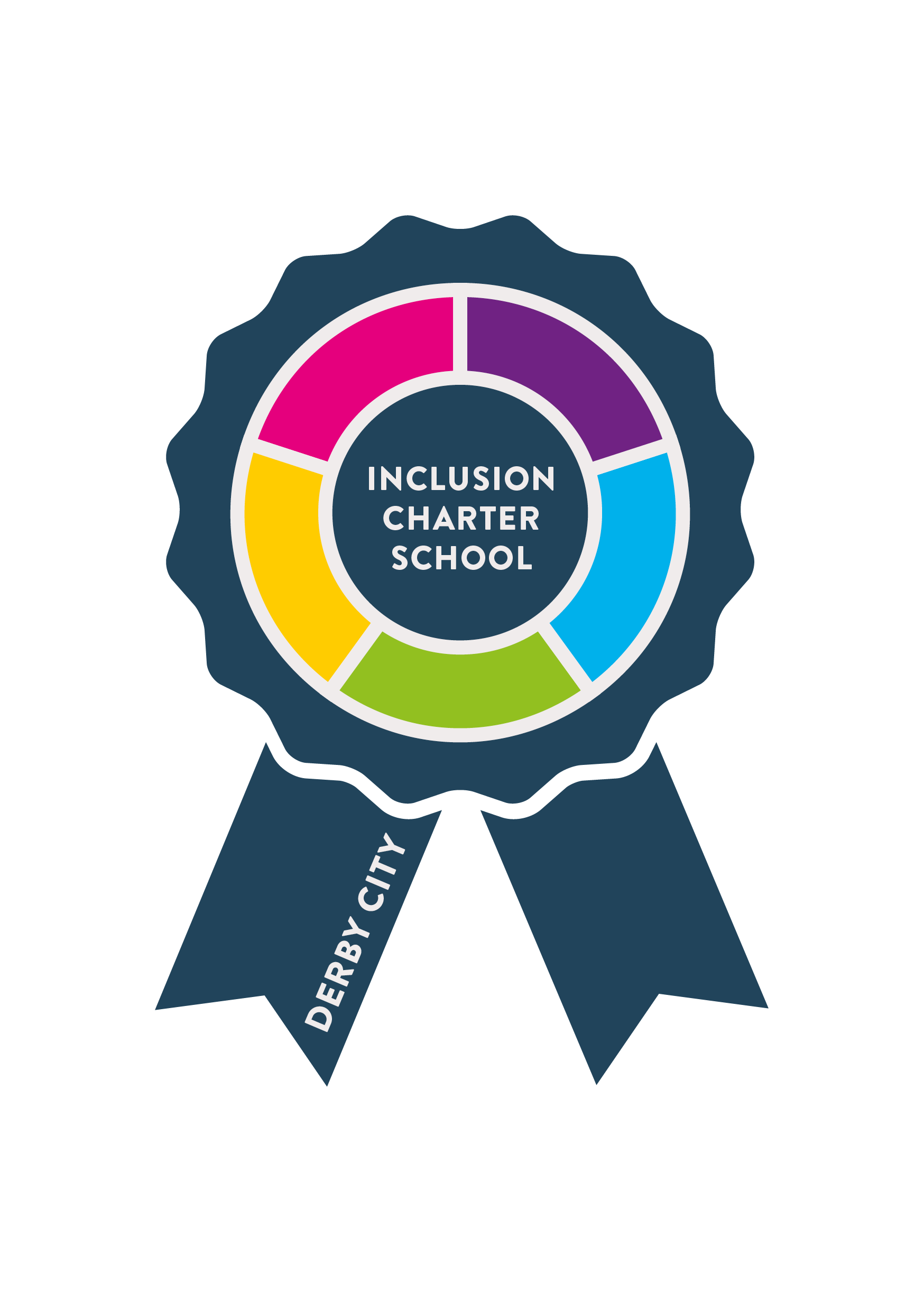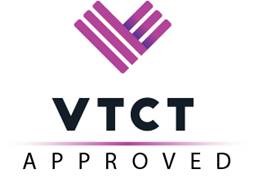A key component of the Duke of Edinburgh (DofE) Award is the two-day, overnight expedition – designed to challenge and inspire. Students completed this element through the J16 Outdoor Education alternative provision, which offers experiential learning in a structured, active environment.
See below to find out how our students got on.
Day 1: Teamwork, Challenge and New Experiences
Across three successful Duke of Edinburgh Bronze Award expeditions, learners from Castle School, Kingsmead School, and Bridge Street School demonstrated exceptional teamwork and personal development through a range of outdoor and practical challenges.
The day began with a strong collaborative effort, as learners worked together to prepare and pack essential equipment onto the minibus ahead of their two-day expedition. Communication, planning, and delegation were at the forefront, with each team member playing a vital role in ensuring nothing was forgotten and that group morale was high from the outset.
Each expedition was uniquely designed around the needs, strengths and interests of the group involved. Activities were adapted to ensure full inclusion, allowing every participant—regardless of ability or previous experience—to take part meaningfully. Once at the site, learners embarked on their pre-planned walking and cycling routes. These routes, created and refined by the participants themselves as part of their preparation, required solid navigation skills and resilience. While some groups tackled the rugged terrain of Burbage Moor, others cycled along downhill trails, testing their balance, coordination, and perseverance. The day’s activities included rock climbing at Stanage Edge and abseiling from Robin Hood’s Cave, where learners were physically and mentally challenged, supporting one another as they overcame fears and pushed personal boundaries.
Group leaders ensured that each activity was scaffolded to suit the needs of individuals, with options for rest, encouragement, and role flexibility built into the programme. This inclusive approach allowed every learner to take ownership of their journey while feeling safe and supported. Throughout the day, participants took responsibility for managing their own physical energy, food, and water intake, and—importantly—looking out for the safety and wellbeing of the entire group. Whether it was spotting a safe foothold, checking a climbing harness, or sharing out supplies, teamwork and mutual care were evident throughout the expedition.
Evening: Independence and Responsibility
After a packed and physically demanding day, the groups made their way to their overnight accommodation. For many, this was their first time sleeping away from home. Some camped under canvas while others stayed in bunkhouses, but all were expected to contribute to the evening routine.
Learners took ownership of preparing their sleeping areas, cooking evening meals using camping stoves, and tidying away equipment. Washing pots and managing shared responsibilities reinforced the importance of self-reliance and cooperation. The experience also provided a valuable opportunity to unwind, reflect, and build deeper social bonds with peers and staff alike.
Sleeping arrangements, dietary needs and daily routines were tailored to the learners’ individual preferences and support requirements, helping them to feel safe, relaxed, and confident in an unfamiliar environment. Despite being tired, all learners conducted themselves maturely and respectfully, representing their schools in a positive light. They left the accommodation clean and orderly and showed initiative in re-packing the minibus for Day 2’s continued adventure.
Day 2: New Heights and Lasting Growth
The second day pushed the learners even further—physically and emotionally. Activities such as navigation-based walks, additional rock climbing and abseiling sessions provided a final challenge. Learners were encouraged to step beyond their comfort zones. Many faced their fears head-on—especially with heights and exposure—building not only resilience and courage, but also self-belief.
In Summary:
The three expeditions were a triumph of preparation, personal development, and teamwork. Learners gained far more than just a qualification – they discovered their capabilities, grew in character, and proved to themselves that they could succeed when they work together, trust in their own abilities, and face challenge with a positive attitude.
